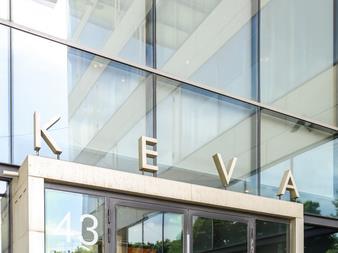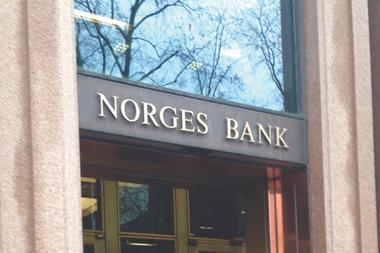While 95% of companies globally acknowledge mental health as an important business issue, only 17% of chief executive officers have publicly signalled a leadership commitment to it.
But nearly one in five companies have improved their management and disclosure on mental health over the past year, showing that the issue is rising up the business agenda.
These findings are included in the second annual report from the CCLA Corporate Mental Health Benchmark – Global 100+, the world’s only global investor benchmark of company performance on workplace mental health, published today, World Mental Health Day.
The benchmark, covering 110 of the world’s largest listed companies, evaluates these employers on how they approach and manage workplace mental health. It is intended both as an engagement tool for investors, and an aid in helping companies create conditions in which employees can thrive.
There is a clear economic case for investment in mental health at work, said Amy Browne, stewardship lead at CCLA.
She said: “Research shows that for every $1 invested in scaled-up treatment for depression and anxiety in the workplace, there is a $4 return in better health and productivity.”
Browne continued: “The [benchmark] results suggest that most companies now dedicate resources aimed at dealing with the symptoms of ill-health. But while there have been notable and encouraging improvements, there is still significant work to be done to enable workers at the world’s largest employers to thrive.”
Companies in the benchmark were selected based on their market capitalisation (at January 2023) and their workforce size (companies with 10,000 or more employees worldwide).
They represent 17 countries and 10 industry sectors, classified using the Global Industry Classification Standard (GICS), and have a combined workforce of almost 21 million employees.
The research came from publicly available information, assessed during June 2023.
The disclosures on workplace mental health were evaluated using 27 assessment criteria across four major themes: management commitment and policy; governance and management; leadership and innovation; and performance reporting and impact.
Based on their scoring against these criteria, the benchmark ranked companies across five tiers, according to the maturity of their approach to workplace mental health.
As last year, only HSBC Holdings achieved a Tier 1 ranking, while Unilever maintained its Tier 2 status, accompanied by Novartis and Toronto-Dominion Bank.
The analysis showed that 16 companies had moved up one tier since last year, with three more – Roche Holding, TotalEnergies and Toronto-Dominion Bank – moving up two tiers; this represents an improvement by nearly one in five companies.
But despite 78% of companies providing multiple mental health services and support channels, and 60% investing in awareness raising initiatives, a surprisingly low number of companies – only 22% – disclosed that they provide mental health training to line managers.
Furthermore, the report underlined the importance, but relative lack, of CEO leadership.
The CEOs of only 17% of companies had made statements promoting workplace mental health, yet the analysis suggested the average benchmark score for companies with a published CEO statement on mental health was 75% higher than for those without.
CCLA said: “While this finding does not prove a causal effect, it suggests a correlation between CEO leadership on workplace mental health and overall good corporate management of the issue.”
However, over the past year, 37 companies in the benchmark engaged directly with CCLA, via meetings or written communication, seeking advice or guidance on how to implement the benchmark recommendations.
The global benchmark complements the CCLA Corporate Mental Health Benchmark – UK 100, published in the second quarter each year. Both benchmarks are independently conducted by Chronos Sustainability, the technical sustainability partner to CCLA.


















